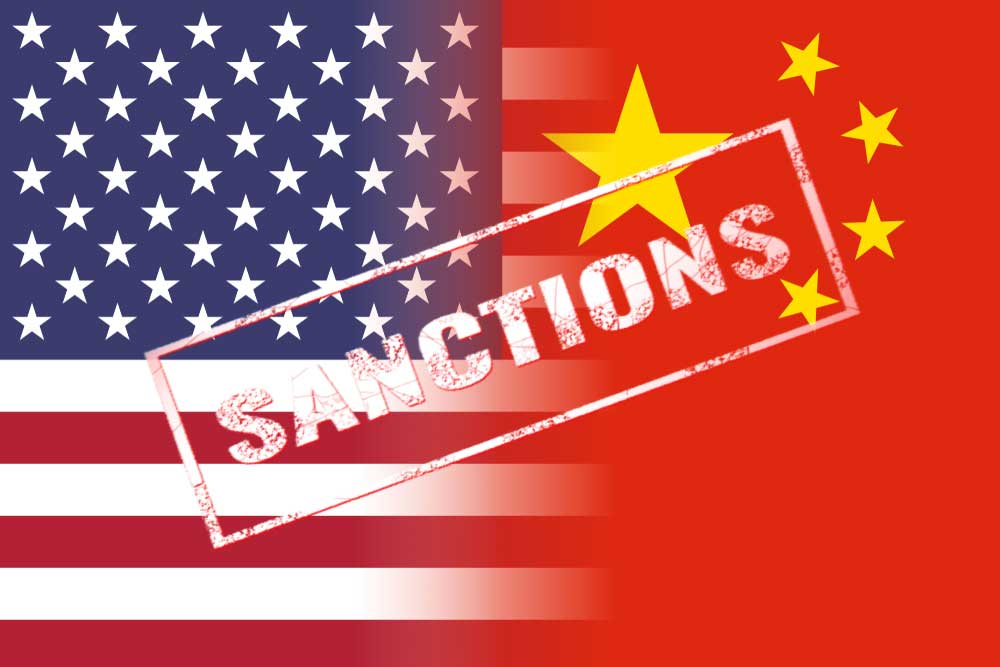The trade truce between the US and China is expected to boost India’s shipment and help achieve the $350-billion export target set for this fiscal.
“The temporary truce between the US and China is good for world economy and trade as it has reduced the uncertainties, which will help in further growth of global trade,” Ganesh Kumar Gupta, president of Fieo, said.
He said “the existing tariff on a large number of products provide opportunity to other countries in their exports to the US and China”.
The two countries have decided to halt the imposition of fresh tariff for 90 days beginning January. The US imposed a 25 per cent tariff on steel and aluminium and proposed another 25 per cent tariff on $200-billion imports from China, beginning January 2019.
Both sides have imposed tariffs on goods worth billions of dollars. The US has hit Chinese goods worth $250 billion with tariffs since July and China has retaliated by imposing duties on $110-billion American products. Exporters said the current level of tariff by both the US and China provides a competitive advantage for the country but what is hampering is the requisite capacity to meet the space vacated by both.
“What has been agreed is not to levy fresh tariff. The trade war has opened a door for products from India to enter those countries. The existing capacities cannot meet the demand there, but it provides an opportunity to understand the market,” Ajay Sahai, director general of Fieo, said.
Sahai said, “Traders can take advantage of the situation and sell their products. However, they cannot take a long-term view and invest in the manufacturing of products as they face the uncertainty of how long will the trade war last.”
Exporters said the government should focus on improving bilateral trade, which would help the shipments in the longer term.
Addressing market access issues for agriculture and processed food products would help to increase India’s exports to China. So far, China is ready to buy products such as fish oil and fish meal, pomegranates, chikoo, soyameal, bovine meat, tobacco, okra, sugar and non-basmati rice.











